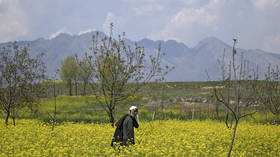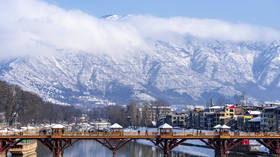More government, less terror: Tired of militant attacks, this Indian region yearns for stability
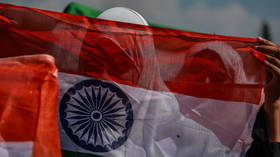
The last time that Ghulam Hassan, 60, an apple farmer from south Kashmir, voted in an assembly election in Jammu and Kashmir (J&K), a region that is the subject of a long-standing territorial dispute between India and Pakistan, was a decade ago. He will vote again next month in a long-awaited J&K assembly election which was finally announced earlier this month.
It is a momentous event for the people of Kashmir Valley, for the government of India, and for neighboring countries that claim parts of the historical princely state. For Kashmiris, who are overwhelmingly Muslim in a Hindu-majority India, it is the first time an election is being held since the state lost its special constitutional status that provided it a certain level of autonomy when Article 370 was abrogated on August 5, 2019.
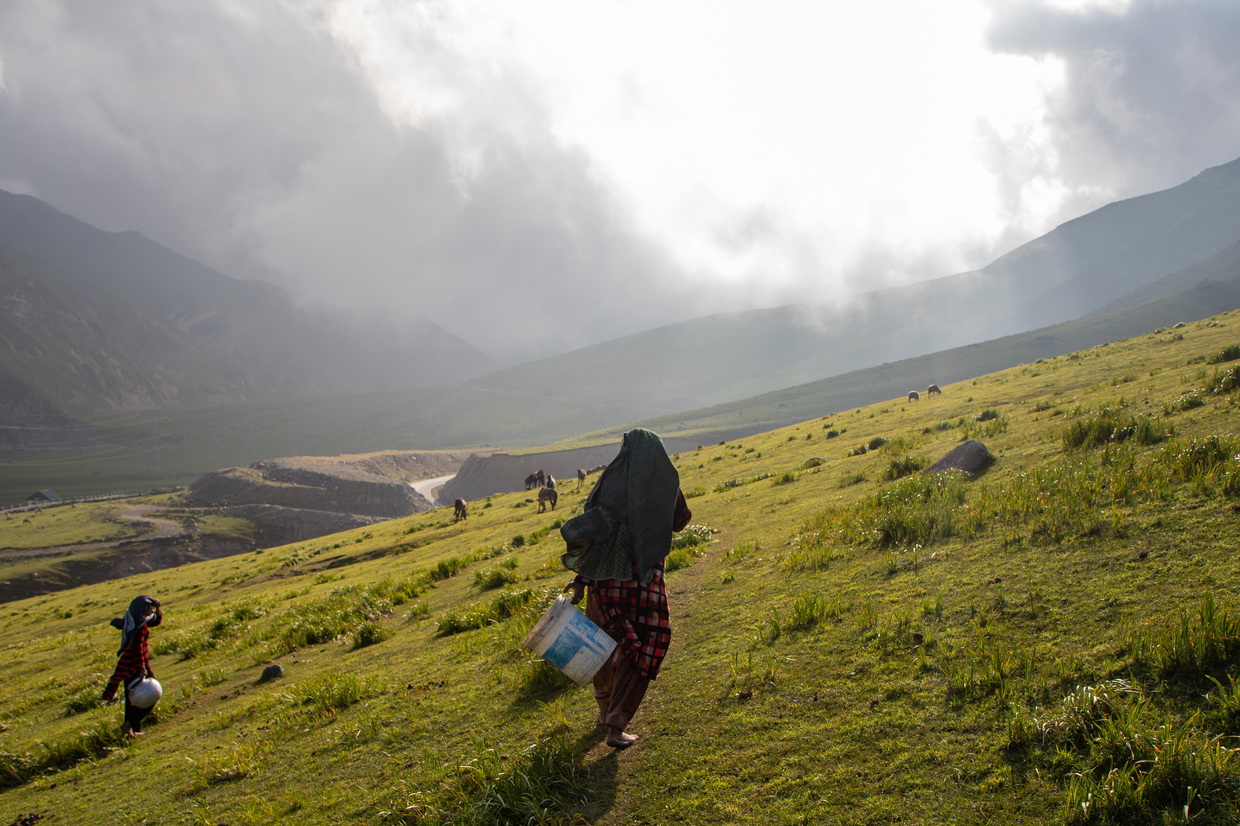
For the federal government, it is a test of its claims of normalcy after the constitutional change. Earlier this year, when Indian Prime Minister Narendra Modi visited Jammu to inaugurate new infrastructure projects, he claimed that after the abrogation of Article 370, “a new Jammu Kashmir is coming into being,” as the “biggest hurdle” to its development was removed, and the region is moving in the direction of “balanced development.”
Around the same time, J&K Lieutenant Governor Manoj Sinha stated that the reforms led to the growth of the territory’s GDP from 1.6 trillion rupees ($19 billion) in fiscal year 2018-19 to 2.6 trillion rupees ($31 billion) in 2021-22. GDP is projected to double to around $60 billion by 2028.
But since terrorist violence has erupted this summer in the Jammu plains – at least 16 security personnel have been killed in attacks so far in 2024 – the assertions of normalcy are being challenged. Overall, since 2021, J&K has witnessed the killing of 124 security personnel.
For neighboring countries, it is another milestone in the dispute since British India was partitioned after independence in August 1947, into India and Pakistan; the latter has not given up its claim on Kashmir despite the constitutional change and the holding of another election.
But for Ghulam Hassan, the apple farmer from Pulwama, the announcement of the election dates came as a relief. He says people are “desperate for a political government” and he hopes for political stability in the region. “We have issues, problems, and there is nobody to approach or to tell our problems in the absence of a political government,” he said, reflecting on the challenges faced by villagers.
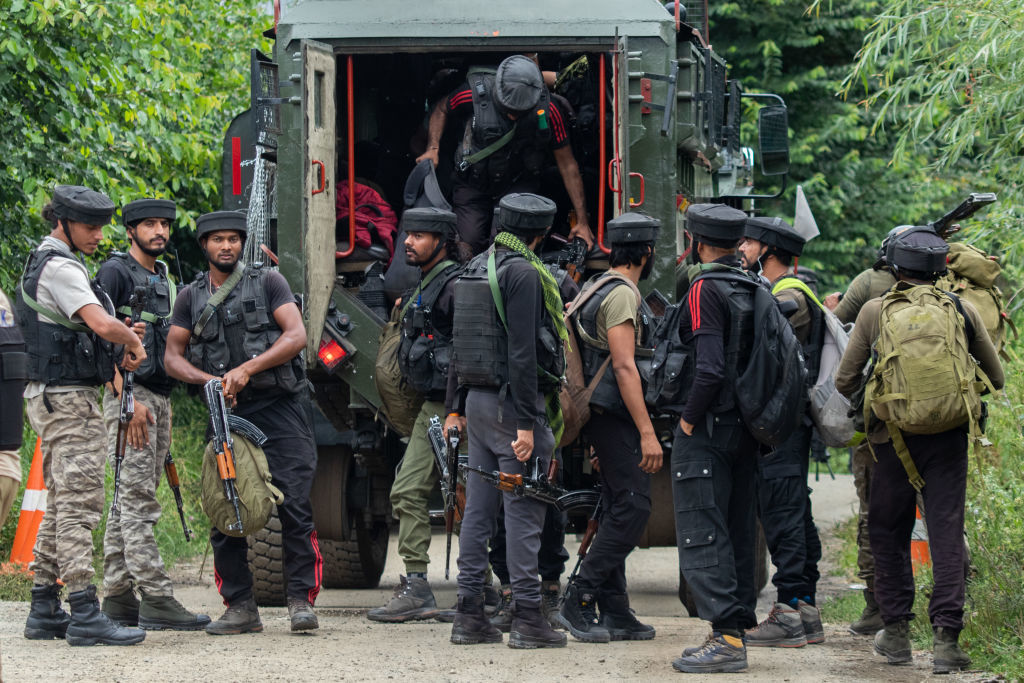
Hassan went on to say that everything is run by bureaucrats, who are not much bothered about the people and their problems, leading to a lack of accountability and responsiveness in the absence of elected representatives.
“In a political set-up, we at least have access to the ministers and legislators. They listen to our problems and try to resolve them because they know they have to come to us for votes tomorrow,” he said, emphasizing the disconnect between the people and the current administrative system.
Voting, as announced by the Election Commission of India (ECI), will be held between September 18 and October 1. There will be no election in Ladakh, the Buddhist-dominated part of the erstwhile state of J&K along the Line of Actual Control with China; Ladakh was bifurcated into a separate ‘union territory’, a region directly ruled from New Delhi (J&K was downgraded from a state to a union territory), when Article 370 was abrogated.
The last J&K government was a coalition between the regional Peoples Democratic Party (PDP) and the federally-ruling Bharatiya Janata Party (BJP) that collapsed in 2018. At the time, Article 370 granted limited autonomy to J&K. Its removal in August 2019 was followed by months of military and communication lockdown, along with the arrest of hundreds of activists, political workers, and even senior politicians. This period of intense security measures and restrictions significantly impacted the region’s political and social dynamics.
The ruling BJP claims that these measures have resulted in development and progress, though Kashmiris generally disagree. “Development means the development of people. Where is that?” Javed Ahmad, who runs a garment shop in the main city of Srinagar, asked. He claims that businesses like his are running at a loss.
Along with the rest of the country, Kashmir held a parliamentary election this summer, with a record voter turnout of 58%, the highest in 35 years, underscoring the local desire to participate actively in the democratic process.
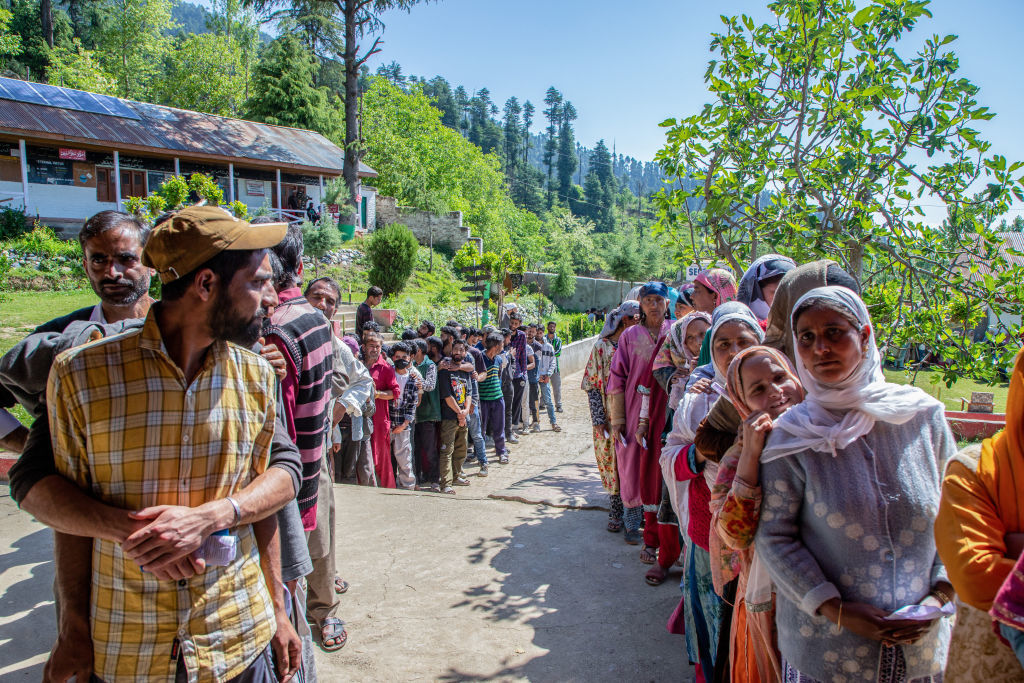
Muhammad Yusuf Tarigami, a senior politician and former legislator from Kulgam, told RT that Kashmir is the only place in India that has been devoid of elections for so long.
“Despite downgrading the state into two union territories and despite the claim of normalcy, this is the only region in India that remains without an assembly since 2018,” Tarigami said. “This has been a punishment for the entire population. It is one of the reasons why some sort of extremism and other activities are emerging after a long lull.”
Tarigami, referring to the spike in terrorist attacks in Jammu, said the situation is worrisome for every “sane citizen” in the country and for the region as a whole. “This government is reluctant to read the writing on the wall and draw lessons from it,” he said. “They are more concerned about the big narrative, but the ground remains slippery because of its action in 2018 and 2019. There is a need for the restoration of democracy and democratic rights in the region. It will be good for the country.”
The deteriorating security situation came on the heels of Modi’s assertion to parliament in July that the campaign against militancy in Kashmir was approaching its end and that his government had devised a “multi-pronged” strategy to wipe out the remaining militant networks.
“Terror and separatism are ending, and the citizens of J&K are leading this fight,” he said. “Our fight against terrorism in J&K, in a way, is in its last stage, last leg. We are moving with a multi-pronged strategy to eliminate the remaining terror network there.”
But three days later, on July 6, two Indian Army personnel and four suspected rebels were killed in two separate gunfights in Kulgam district. Two days later, on July 8, militants attacked an army vehicle in Kahua district in which five soldiers were killed. And again on July 16, four more soldiers, including an Indian Army officer, were killed in the forests of Doda district.
Locals are wary of violence and say that the uptick in attacks has sparked fear and insecurity. ”We want stability. If elections are held people will get a breather and there will be more calm,” Manjeet Kaur, a teacher in Jammu city, said.
Kashmir’s former chief minister, Mehbooba Mufti of the PDP, criticized the government for delaying the elections. “Why does New Delhi fear polls? Do they fear getting exposed? Elections are a normal exercise and are being done in every state,” she said. “Assembly polls should have been held here six years ago.”
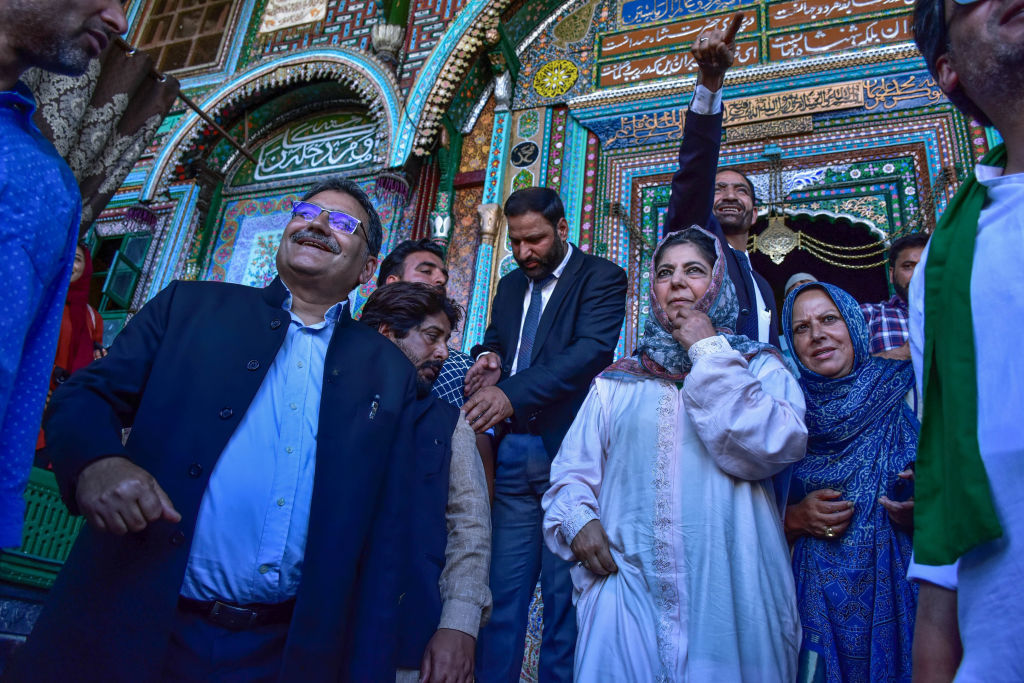
The abrogation of Article 370 was challenged in court, and the Supreme Court upheld it in December 2023. But it also directed the ECI to conduct elections by September 30, 2024. Dr. M. W. Malla, a research fellow with the New Delhi-based International Center for Peace Studies (ICPS), believes that the upcoming election holds importance in both the local and national contexts.
“These serve as a critical indicator of the government’s claims of restoring political stability and earning the trust of the people,” Malla said. “On a local scale, the presence of an elected government holds preeminence, as it ensures that constituents’ concerns and grievances are addressed through accountable representatives rather than being relegated to an impersonal and often opaque bureaucratic apparatus.”
In the national context, he said, the conduct of the assembly election is a litmus test for the central government, particularly for its assertions on the restoration of normalcy in J&K.
“The central administration has made multiple claims of reinstating a semblance of stability in the region by successfully dismantling the local ecosystem sustaining externally-sponsored secessionist networks,” he said. “Therefore, allowing the local government to take shape by holding elections will not only demonstrate New Delhi’s confidence in the local political actors but, more importantly, validate its claims of winning over the people.”
Aliya Asad, a local research scholar, says there is a deepening alienation among young people in Kashmir due to growing joblessness. “The educated youth are frustrated, they don’t have any jobs or opportunities,” she said. “Many young people are in deep depression due to economic instability. We want an end to this desperation.”
Whether or not the elections are able to provide a stable government, hopes ride high on the return of democracy. The recent tie-up between the all-India Congress Party and the J&K National Conference, sealed when opposition leader Rahul Gandhi met with former Chief Ministers Farooq Abdullah and Omar Abdullah, appears to have an edge.
But the alliance has, in its election manifesto, promised to look into New Delhi’s 2019 abrogation of J&K’s former special constitutional status, which can only mean that the future holds fireworks between the popular government and the BJP-led federal government.
